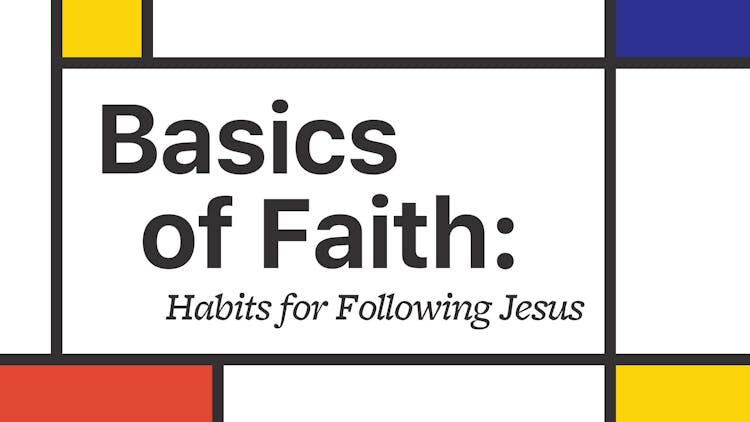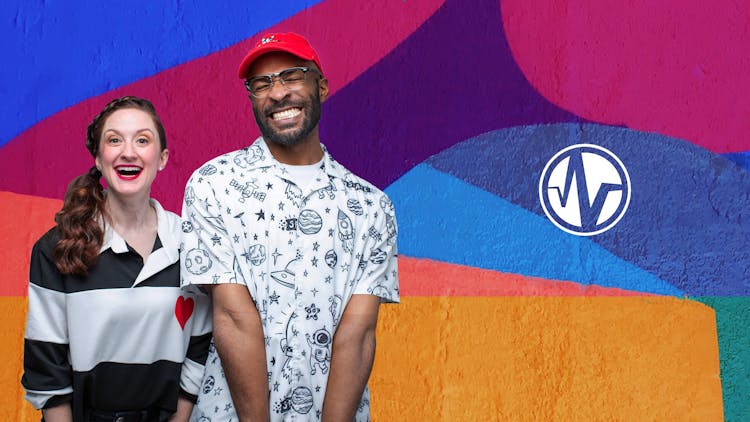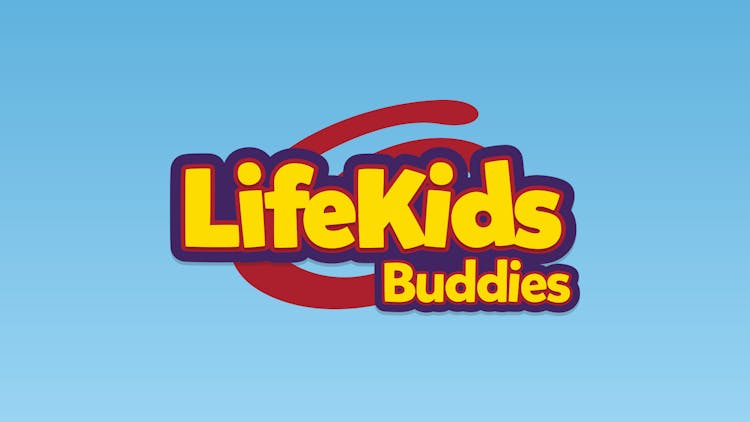My name is Abigail, and in my completely biased opinion, I have the world’s coolest brother. His name is Rich and I’m three years older than him. As a result, I had the opportunity growing up to teach him essential life skills. Like discovering the deliciousness of chocolate malts, introducing him to the newest, hippest songs, and the best ways to annoy our parents. Since then, the roles have flipped and now he keeps me culturally relevant and annoying (the best he can).
The only thing that’s pretty different about our relationship is that I can see just fine, but Rich has been blind since birth.
Growing up, he needed additional resources and assistance in order to succeed socially and in the classroom. While we didn’t grow up near a Life.Church location, some of the experiences he had in school resembled those of LifeKids on the weekends. Instead of a Buddy, he had a paraprofessional (para) to assist with the day-to-day activities in class. He made friends and participated in activities.
So when I started thinking about serving a blind or visually impaired child at church, I went to my best source: Rich. I asked him some questions about what helped him to be so successful throughout his childhood and now late teen years. I mean, he’s the best brother in the world, but he’s also an incredible resource to the blind and visually impaired community. I found his answers and stories incredibly helpful. I think you will, too.
- What’s the strongest memory you have from your childhood?
“I think that would be the years that I worked with my paras because we … formed bonds that hadn’t really been developed before. Oh! And playing with my friend, Brayden, at our babysitter’s. Wherever he went to play, I was right there with him.” - Could you explain the role your para had on your school experience?
“My paras would help me with everything from understanding math to integrating socially with other kids in my classes.” - How do you think these experiences would have been different if you hadn’t had a para?
“I think I would have been way more susceptible to exclusion and bullying. They really helped me make friends with others in a way that I was able to participate, too.” - Do you remember anything specific that made you feel comfortable or safe when you were in a new environment?
“Knowing that I could still find ways to be independent really helped me. It also helped grow my confidence.” - Why do you think it’s important for a blind or visually impaired child to have resources like the Buddies Program?
“I think it’s essential for them because they won’t feel nearly as alone in an unfamiliar environment, and they won’t feel like they’re standing out nearly as much. Of course, there is also the balance of letting them do their own thing from time to time.”
After talking to Rich, I also shared the notes with our mom to see if she had anything else to add. In one sentence, she summarized everything you need to know about supporting a child who is blind. She said:
“Include them. Talk to them directly. And when you have questions, ask them.”
As you continue serving with your little buddy, remember that it’s going to take time to build a relationship with them. But be persistent in it anyway. Ask them the same question again and again if you need to. Be open with them, and they will open up to you. You have such a unique opportunity to impact their life, and their walk with Christ, because of your obedience in your calling now.
On behalf of sisters and family members of blind kids everywhere, thank you for your heart and dedication to the people we love the most. Thank you for giving us a peace of mind that they will be safe and welcomed when they are with you. Thank you for being the hands and feet of Jesus for the kids every single week.
For lots of tips on how to support children who are blind or visually impaired in LifeKids, check out this article.


